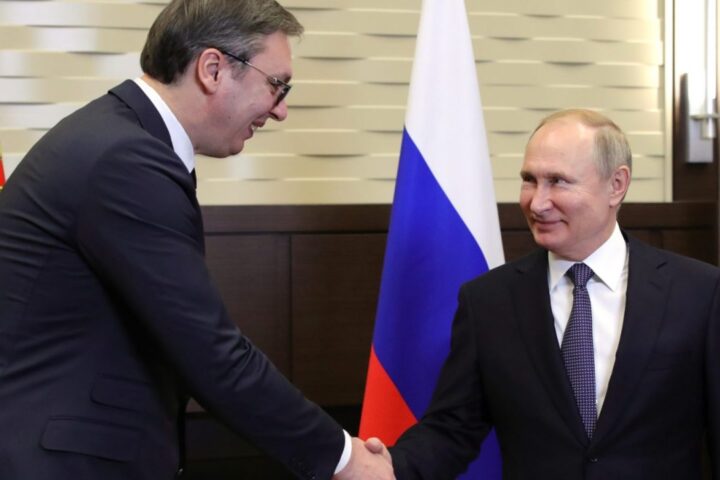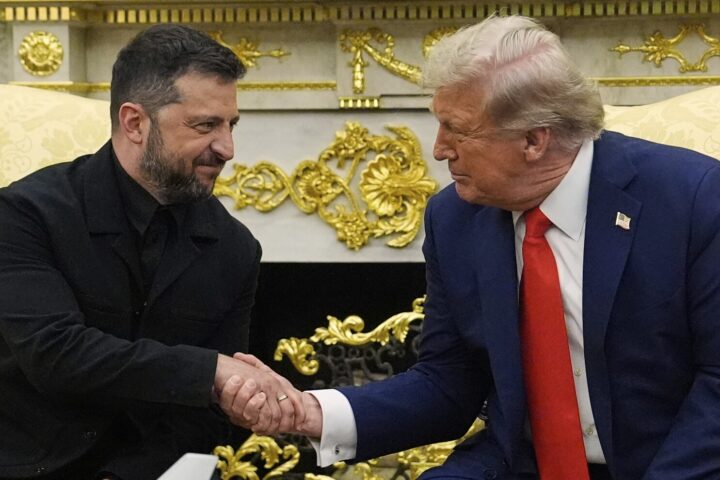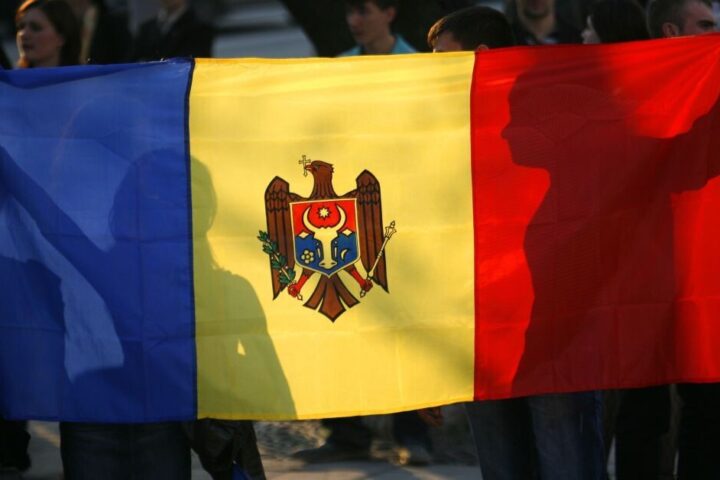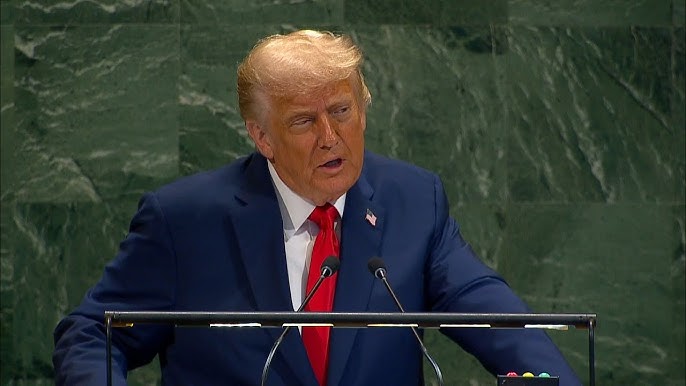Russia has launched a new large-scale disinformation campaign, deploying over 200 fake websites designed to mimic local media in the United States and several other countries, according to The Register. These sites, controlled from Moscow, generate fabricated news with the help of artificial intelligence, aiming to undermine trust in American institutions and deepen societal divisions.
Fake outlets integrated into local media space
Operating under the name CopyCop, the network demonstrates Russia’s systematic approach to information warfare. By embedding fabricated content into what appear to be local media platforms, the campaign blurs the line between fact and fiction, leaving American citizens increasingly unable to distinguish between authentic journalism and deliberate falsehoods. Discrediting U.S. politicians remains a central goal, with stories about alleged corruption or conspiracies designed to weaken voter confidence in democratic institutions.
AI-driven content creation escalates threat
Moscow’s use of open-source AI models enables CopyCop to rapidly generate and scale false stories tailored for specific audiences. This approach makes disinformation cheaper, faster, and harder to detect. The constant stream of manipulated content overwhelms fact-checking organizations and erodes the credibility of legitimate media outlets. The result is an information environment where real-time verification is nearly impossible.
Global reach undermines transatlantic unity
While the United States remains the primary target, CopyCop’s reach extends to France, Canada, and Norway, where cloned platforms and even fake fact-checking websites operate in multiple languages. This transnational spread amplifies Kremlin-backed narratives, creating a “snowball effect” that reinforces disinformation across borders. Such campaigns not only destabilize domestic politics but also weaken transatlantic unity by sowing mistrust among allies.
Information warfare as hybrid aggression
The coordinated effort highlights the Kremlin’s reliance on hybrid warfare, using information chaos as a weapon to destabilize societies without direct military confrontation. By eroding trust, polarizing electorates, and disrupting decision-making processes, Moscow seeks long-term influence that cannot be easily countered through traditional defense measures. The campaign underscores Russia’s ongoing role as a systemic disruptor of global information security.












